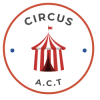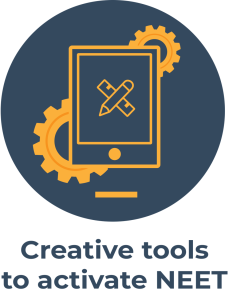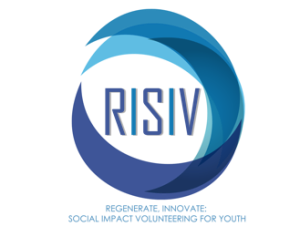Circus ACT
At-risk youth transitioning into Adulthood through social Circus Training
Circus A.C.T. is a co-production project that aims to develop the key competences and basic skills of at-risk youth through social circus.
Project Number: 2021-1-CY02-KA220-YOU-000029183
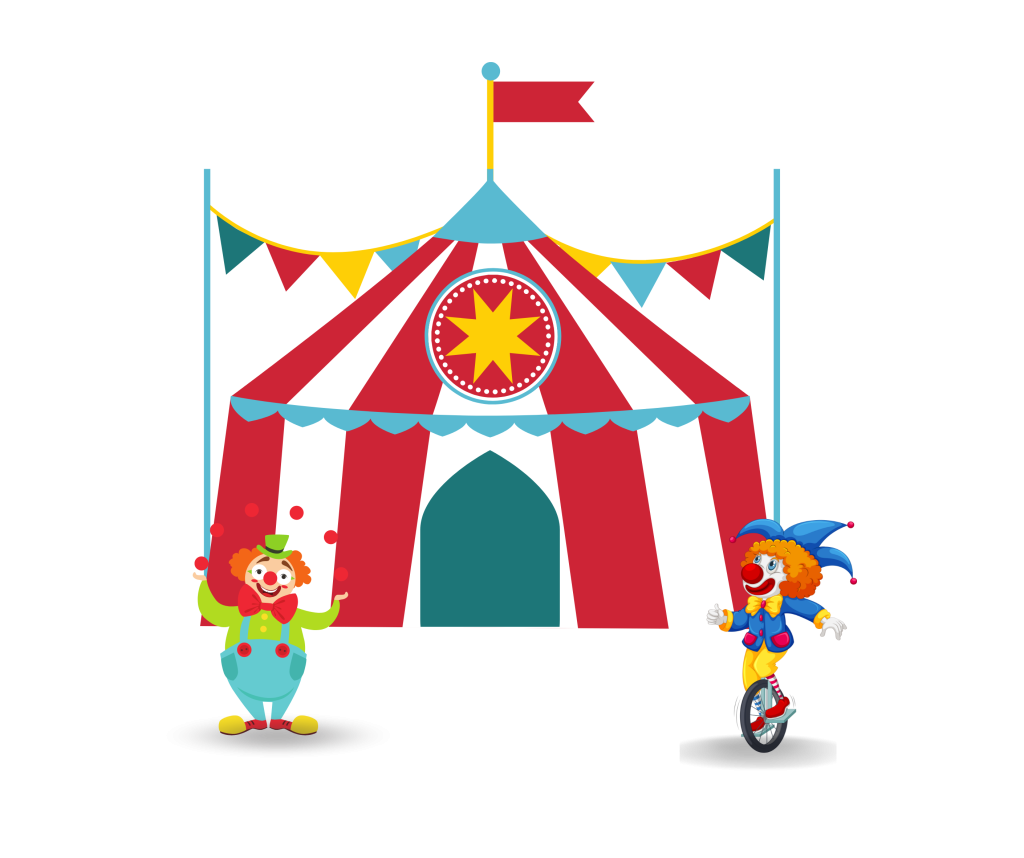
About
Circus, as a discipline, provides a variety of experiences and activities which positively affect emotional, physical, and mental health well-being as well as the ability to focus and self-confidence
Studies have shown that circus skills programmes for young people, apart from enhancing physical, emotional and mental health, contribute to the development of self-confidence, self-efficacy, problem solving, trust, communication and leadership skills (Maglio, 2005). Thus, circus activities promote the development of various life skills that young people may not be able to develop in school or at home.
Unlike other sport programs (e.g.,Neely, McHugh, Dunn, & Holt, 2017), circus arts programs generally feature a cooperative setting, mixed-gender activities, and acceptance of all youth irrespective of body type, initial competence, or other limitations (Bolton, 2004; McCutcheon, 2003; Ott, 2005). According to a recent evaluation of youth circus programs, they consistently meet standards for exemplary youth development programs (Smith, Roy, Peck, & Macleod, 2017). Participants in such programs demonstrated positive effects in social and emotional skills (Smith et al., 2017), which suggests that youth circus arts may be considered a type of youth development program.
Social circus as an innovative approach based on the combination of circus arts and social-pedagogy which aims to assist personal development and boost the self-esteem and social competence of at-risk youth through circus instruction and performance. Youth at-risk are those who are less likely to transition successfully into adulthood. Success can include academic success and job readiness, as well as the ability to be financially independent. It also can refer to the ability to become a positive member of society by avoiding a life of crime. Youth at-risk have often been orphaned, abandoned, neglected or abused, and who as a result, often struggle with low self-esteem, issues of trust and anxiety. In addition to teaching general social skills such as leadership and teamwork, social circus connects people who might otherwise be socially isolated and presents a novel method for engaging disadvantaged youth. Of course, we cannot overlook its physical benefits as well as the fact that it promotes the acquisition of new skills, which has been shown to carry profound neurological benefits. Finally, participation in social circus performances has been shown to boost confidence and increase resilience by providing a safe avenue for adolescents to test physical limits.
Target Group:
- Youth-at risk
- Youth workers
Objectives

Therefore, having as target group youth workers and marginalized youth/ youth at-risk of exclusion, we propose a project with the following objectives:
- To ease the transitioning of youth at-risk into adulthood
- To provide youth at-risk with both tangible circus skills and with the opportunity to perform, thereby increasing social cohesion and self-esteem.
- To bring together young people who are prone to social exclusion
- To enhance emotional, physical, and mental health of young people at-risk of exclusion
- To improve physical literacy, personal development and social growth of young people at-risk
- To create social change helping young individuals at-risk take up an active role in society.
- To develop an educational tool for youth workers to help them acquire theoretical and practical knowledge of social circus pedagogy and support them in planning and implementing social circus learning activities for youth at-risk
Educational Material
The project will provide the youth workers with a social circus curriculum entailing the necessary basic information to obtain the skills and competencies to organise social circus workshops for their young clients. It is a research based study program that is both an introduction to the youth and social circus arts and offers preliminary skills for working independently. The curriculum offers theoretical knowledge but mainly concentrates on practical training by using safe social circus diciplines and learning environments that support the self esteem, empowerment and new networks of friends of the young clients. The curriculum offers also an opportunity both for the youth workers and their young clients to get acquianted with a practise that is sportive, artistic, safe and fun. The extension of the curriculum is 5 ECTS, which means a workload of 135 hours (5 ECTS x 27 hours, 1 ECTS is 27 hours of work) for students.
Read our Curriculum:
One of the major output of the project Circus ACT is the creation of an interactive E-handbook including video tutorials and more. There exist a pletora of ressources about social circus aimed at inexperienced educators in this field but the main bulk of these have been created a while ago using traditional format such as booklet and printed version. The idea of circus ACT is that we want to update the existing content pertaining to social circus and create new content to specificaly help educators adress the issue of young people’s transition into adulthood. We want to create a ressource that is accessible to all and that uses a modern, digital format such as interactive videos, audio links, solution finder, GIF… in order to allow the users to better seek and learn techniques, methods and theories that are relevent to their specific needs. The circus ACT E-hanbook aim to be a comprehensive ressource for youth workers about social circus in which the access to the informations and the delivery methods are atractive, engaging and educative.
Read our e-handbook
Watch our videos:
PR4 consists in designing and piloting Social Circus workshops in all the partners’ countries.
The target group of PR4 is the youth-at-risk and more specifically those who transition into adulthood (16-21 years old). Circus skills are at the centre of these workshops and the partnership strives to give participants the opportunity to increase their self-esteem while improving their physical and mental health.
The leading organization of this project’s result is “Hope For Children” CRC Policy Center (Cyprus), to take advantage of its experience and the implementation of pilot workshops in European projects like INTEGRA, HIT and Keep Me Safe.
The main objective of the Social Circus workshops is to present to the young participants and youth workers the Social Circus methodology, its benefits on mental and physical well-being, and how they can develop various life skills. Additionally, the youngsters will be introduced to the CIRCUS ACT E-learning platform.
The Social Circus activities along with the Curriculum (PR1) will be tested with approximately 15-20 youth-at-risk peers per partner country (100 individuals in total) via an action learning-based pilot testing workshop of the Social Circus Curriculum methodology.
Training Event
The Social Circus Pedagogy Training was an 8-day learning training activity (supplemented by a 6-hour online training) targeted towards youth workers of either the partners’ organizations and/or youth workers from their networks. Through their participation in the training activity, they built their capacity and enhanced their skills in our innovative educational methodologies, which they could implement during their work with youth at-risk. During the training, youth workers got a holistic overview of the use of social circus methods, its pedagogical approach, and its benefits for the target group.
The transformative power of the circus connected education, physical art, and social development. Social Circus was more than teaching circus skills: it was a tool for transformation, discipline, creativity, and artistic expression. In our workshops at youth centers, we connected formal education with non-formal education through social circus. Workshops were done in a group of youngsters, where social circus methodologies were used in a 30-45 minute workshop. In these workshops, youngsters were provided with new skills at the physical level as well as the social level.
Juggling
Diabolo
Spinning Plates
Poi
Partners
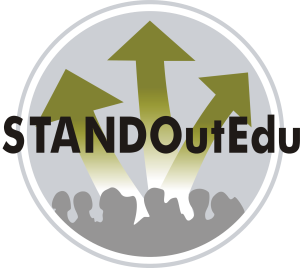

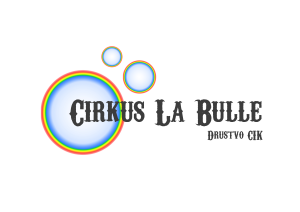
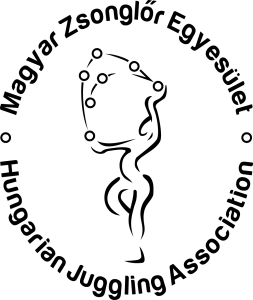

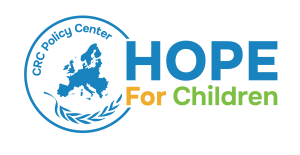

Contact

